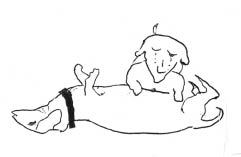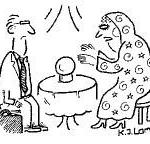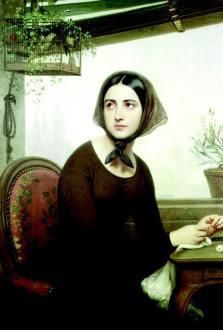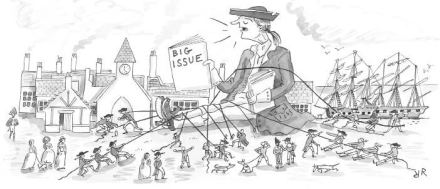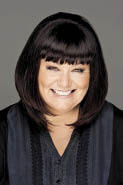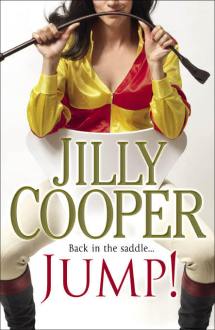Desk-bound, needing to get out more
Great House is an ambitious novel, if it’s a novel at all. Great House is an ambitious novel, if it’s a novel at all. It’s an exploration of regret, longing, loss, and of how Jews attempt to cope with the destruction that characterises their history. The title refers to the Book of Kings: ‘All the houses of Jerusalem, even every great house, he burned with fire’. If, as one of Krauss’ spokesmen puts it, ‘every Jewish memory were put together, every last holy fragment joined up again as one’, would the Great House be built again? The book divides into two sets of linked sections, the halves mirroring each other


